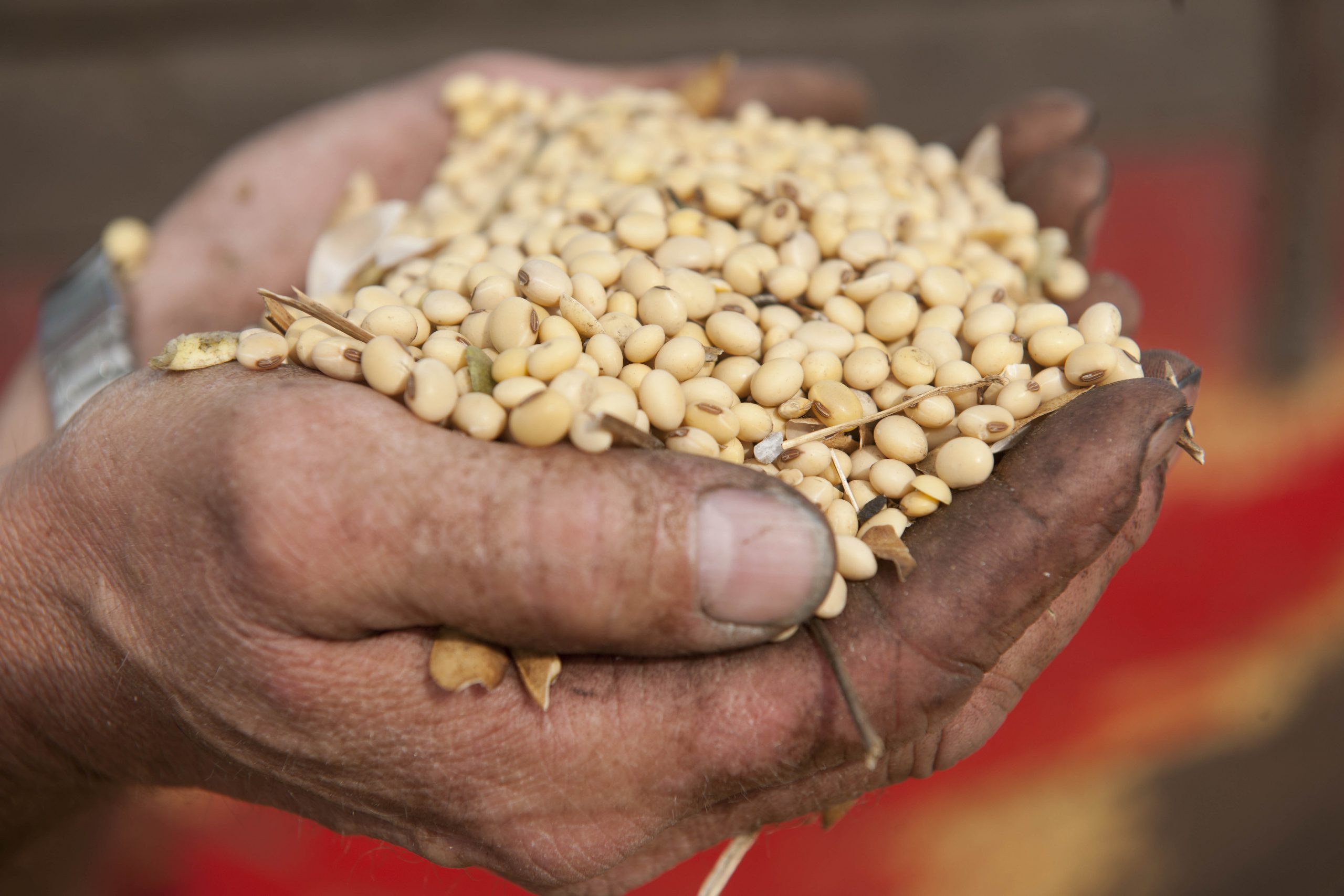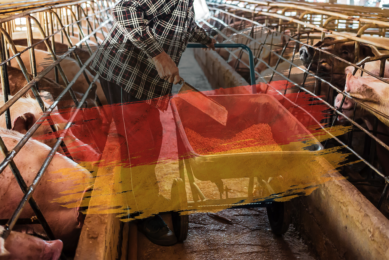China’s increasing appetite for soy

China depends on imports to secure its food supply, with soybeans being the most important crop. To decrease this dependency, the country is stepping up domestic production of soy and overseas acquisitions to better control import flows.
This is stated in a recent Rabobank report. Most of the crops and animal protein is produced domestically, but most of the animal feed (mainly soybeans) is imported from third countries (mainly Brazil and the US). At the same time, the demand for animal feed in China will continue to increase, along with rising animal protein production and consumption. The Chinese Ministry of Agriculture expressed the ambition to increase the domestic soybean acreage by more than 30% by 2026, at the expense of certain corn areas.
To step up domestic production, access to technology and knowledge is vital. China is therefore also looking for more acquisitions. A recent example is the acquisition of Syngenta biotech assets by ChemChina. The acquisitions also serve the purpose of developing a global trade infrastructure to fill any shortfall in domestic supply and strengthening food and feed supply arbitrage opportunities to maximise returns and safeguard both economic and political interests. An interesting article on the recent acquisitions was published by Fortune magazine.
The output of staple food crops such as wheat, corn and rice seems to be levelling off somewhat. This is why China is also investing a lot in acquisitions in the seed sector. CITIC announces that it will acquire Dow AgroScience’ corn seed assets. With the recent acquisitions, China will become the number two in seeds and agrochemicals, after Bayer-Monsanto and before Dow-DuPont.
Source: Rabobank











